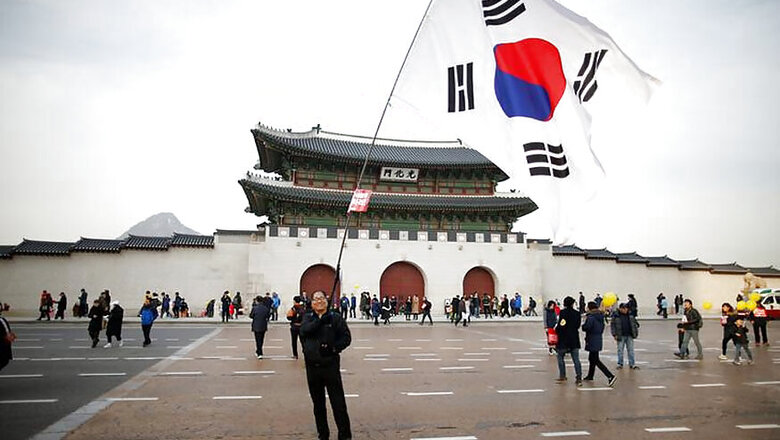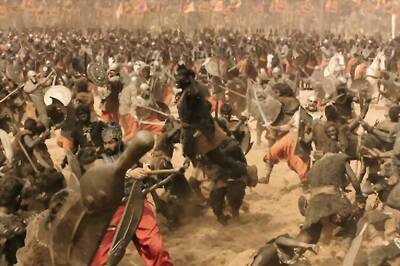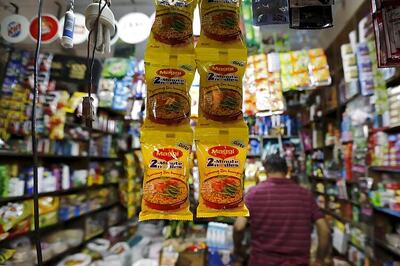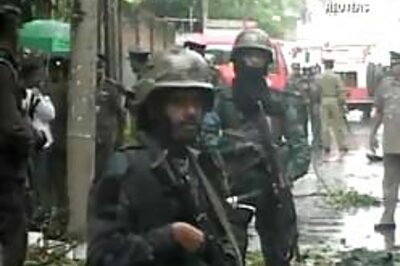
views
Seoul: South Korea will suspend any further deployment of a controversial US missile defence system until an environmental impact assessment ordered by new President Moon Jae-In is finished, his office said Wednesday.
Seoul agreed last year under Moon's ousted predecessor Park Geun-Hye to deploy the powerful missile intercept system to guard against threats from nuclear-armed North Korea despite angry opposition from Beijing, which views it as a threat to its own military capabilities.
Two missile launchers have been deployed in the southern county of Seongju, where hundreds of residents have staged fierce protests over what they see as potential environmental hazards posed by the batteries used in the Terminal High Altitude Area Defense (THAAD) system.
There is "no need to withdraw" the two launchers that have already been deployed, a senior official at the South's presidential office told reporters.
However, "additional deployment (of THAAD) should be carried out only after the environmental impact assessment is over," the official added.
"We do not view the deployment process as urgent enough to bypass the whole environmental impact assessment," he said.
The deployment freeze comes two days after Moon ordered a "proper" probe into the potential environmental impact of the missile batteries in a bid to win greater public support for the project.
Four more launchers arrived recently in the South and are currently being stored at a US army base in the country, which plays host to some 28,500 US troops as a legacy of the 1950-53 Korean War.
The South's army came under fire this week after Moon -- who voiced ambivalence about THAAD on the campaign trail -- accused it of withholding key information about progress on the system.
According to Moon's office, top military brass who briefed Moon's national security adviser last month deliberately withheld information about the arrival of the four new launchers.
A senior defence ministry official was removed from his position over the incident.
Defence Minister Han Min-Koo -- appointed by Park and widely expected to be replaced soon -- admitted the presence of the new launchers only when pressed by Moon in a phone conversation last week.
The South's military cited a confidentiality agreement with the US military as a reason to hide the critical information from the South's new commander-in-chief, according to a probe into senior army officials.
China -- the South's biggest trading partner -- has in recent months taken a series of measures against South Korean businesses seen as economic retaliation for THAAD.



















Comments
0 comment